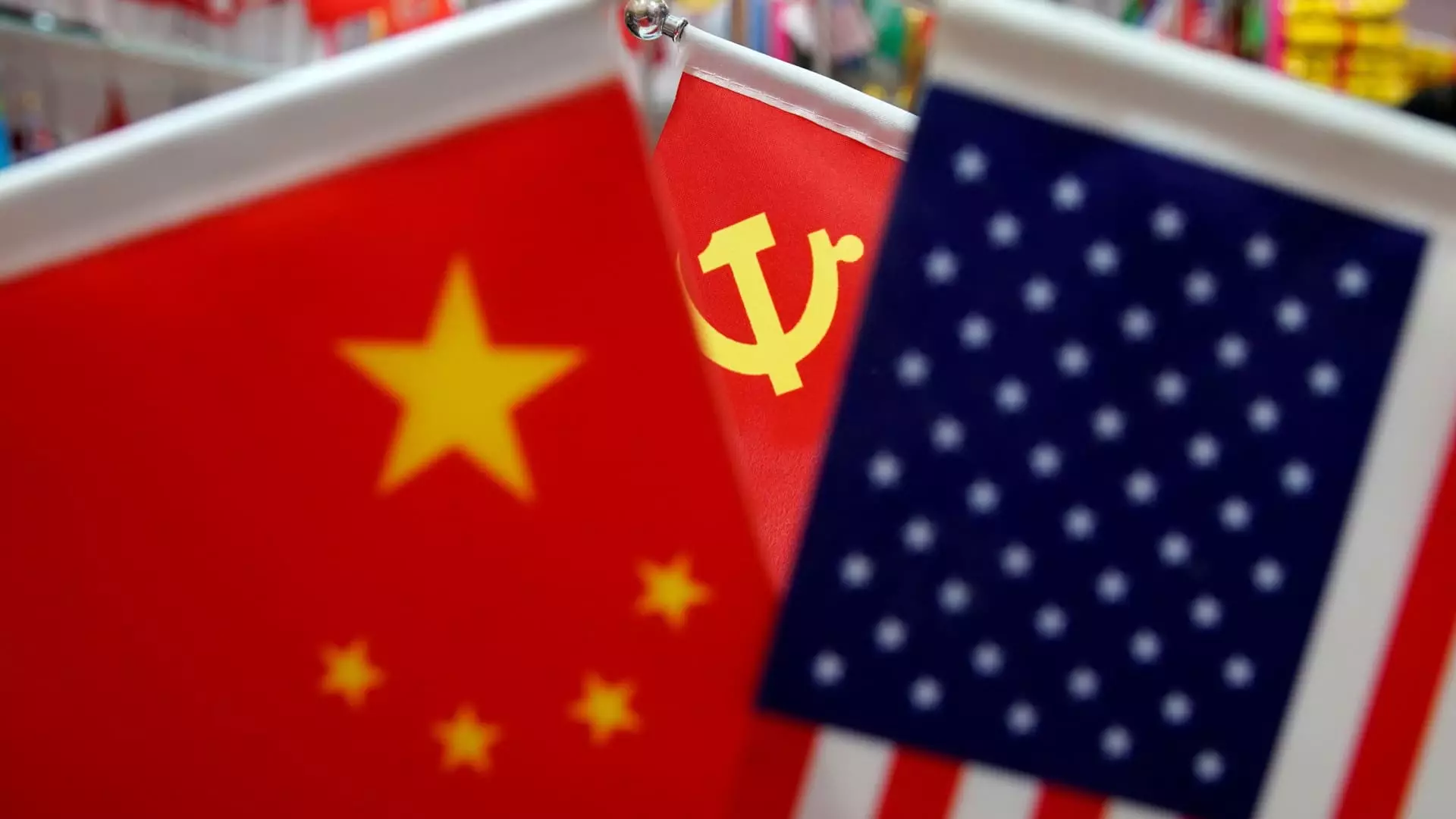The intricate relationship between international politics and domestic economic strategies often manifests in unexpected ways. Currently, analysts are closely monitoring how the outcome of the U.S. presidential election might influence China’s impending fiscal stimulus initiatives. With the National People’s Congress poised to conclude its significant five-day session, investors are eagerly awaiting announcements that could reshape the economic landscape in China. As political tides shift in the U.S., so too may China’s approach to fiscal stimulus.
The forthcoming U.S. presidential election is expected to play a pivotal role in determining the magnitude of China’s fiscal stimulus package. Experts are projecting that if Donald Trump secures victory, the financial injection could be substantially larger—potentially by 10 to 20 percent—than if Kamala Harris assumes the presidency. This potential disparity raises questions about the responsiveness of economic policies to foreign political outcomes and highlights the interconnectedness of global economies.
In this context, Trump has been vocal about increasing tariffs on Chinese imports, with some speculative projections suggesting a hike as steep as 200%. Such aggressive trade measures could significantly disrupt China’s export-driven economy, which is already struggling with a real estate downturn and insufficient consumer demand. Conversely, a Harris presidency may not radically alter the U.S. approach to China, primarily maintaining previous restrictions on technology access.
Despite the external pressures stemming from U.S. election results, analysts maintain a focus on China’s internal economic challenges. With domestic issues at the forefront, there is a consensus that the foundational problems facing the nation—including sluggish consumption and a faltering real estate market—will largely dictate the nature of fiscal support measures. The Chinese government must carefully consider how to stimulate domestic growth without exacerbating the existing vulnerabilities within its economy.
Zhu Bin, a leading economist, emphasizes that a Trump presidency might necessitate a larger domestic stimulus program as China seeks to compensate for reduced export opportunities due to heightened tariffs. This leads to an unsettling cycle: increased tariffs challenge the economy, which prompts additional government intervention, even as core issues remain unaddressed.
Market reactions to political events are becoming increasingly influential in shaping economic policy commitments. As analysts evaluate potential outcomes, the overall sentiment in the stock market could sway Chinese policymakers’ decisions on stimulus measures. Notably, volatility in the Chinese stock market has begun to exert a more substantial impact on economic confidence than in the past. Thus, even minor shifts in market performance can escalate the urgency for government intervention.
A case in point is the Chinese stock market’s behavior in the weeks leading up to the National People’s Congress session. After a robust performance in September, investors have begun to temper their optimism, presumably in response to the uncertain political climate in the U.S. The desire for stability may compel the Chinese government to use fiscal stimulus as a lever to mitigate market anxieties, potentially leading to an economic approach characterized by cautious optimism rather than bold reforms.
While there is considerable discussion regarding the scale of potential stimulus packages, economists caution that local governments may inadvertently undermine these efforts. The central government’s fiscal measures may not translate into localized benefits if provincial authorities enforce stringent tax policies that suppress business growth. Analysts have noted that local governments have prioritized tax collections, even retroactively, which can deter entrepreneurial activities and impede economic recovery.
Furthermore, historical reliance on real estate development for revenue generation poses significant challenges. As the Chinese government grapples with local government debt and seeks to recalibrate fiscal strategies, it must ensure that efforts toward stimulus are not circumvented by restrictive local practices. Addressing these issues effectively will require a unified approach that balances central directives with local governance.
The interplay between the U.S. electoral landscape and China’s fiscal stimulus strategy presents a complex challenge for policymakers. The potential for differing approaches under presidential candidates will influence the scale of economic support measures, but it remains crucial for China to focus on overcoming domestic challenges. As local governments navigate the dual demands of tax collection and economic revitalization, the path forward must not only seek to catalyze growth but also ensure sustainable development. The next few weeks will be critical, as the decisions made in Beijing could very well hinge on the political choices made in Washington.

